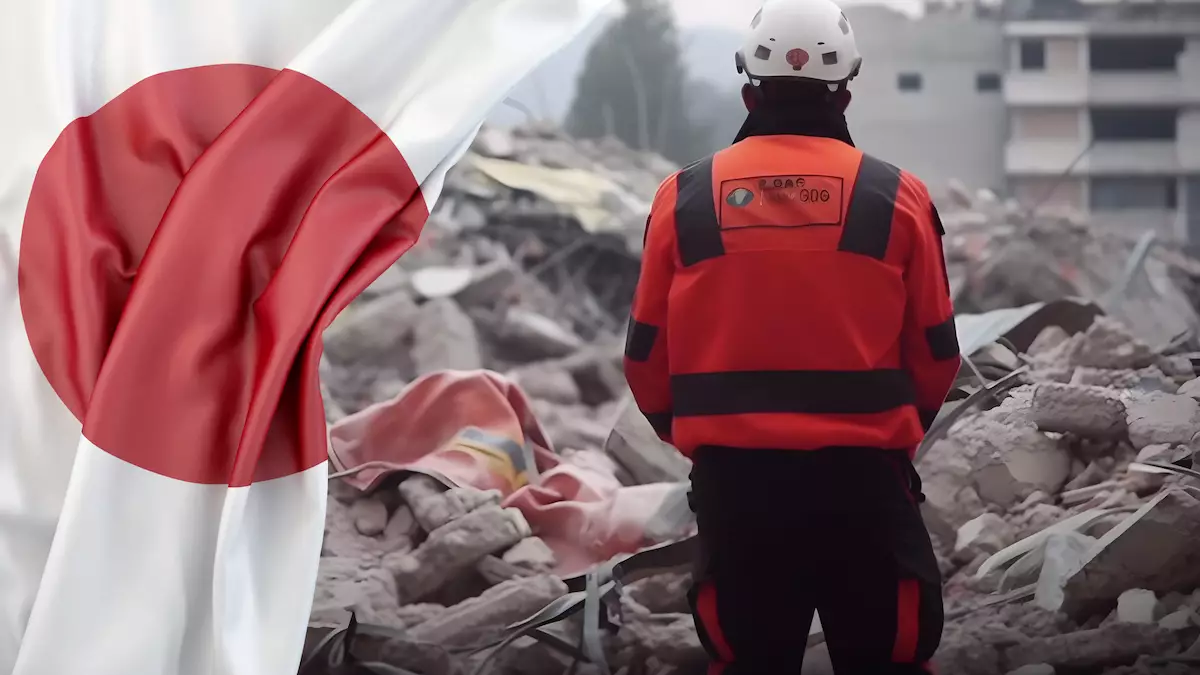Japan’s recent devastating earthquake has left its West Coast in ruins, prompting various Web3 companies in the country to initiate relief efforts. Astar Network, Oasys, and Fracton Ventures are among the prominent blockchain firms assisting the impacted communities. With their combined efforts, these companies have managed to raise over $100,000 so far.
On Monday, Honshu’s Ishikawa prefecture experienced a powerful 7.5-magnitude earthquake, resulting in significant destruction. The quake triggered tsunamis exceeding one meter, caused massive fires, and severely damaged infrastructure. The disaster has claimed the lives of at least 84 people, with many more still unaccounted for. The Noto peninsula, in particular, suffered the greatest devastation, with hundreds of buildings ravaged by fire and countless homes reduced to rubble.
Following this catastrophe, blockchain communities have emerged as key contributors to the relief efforts. Astar Network, a prominent blockchain platform, has taken the lead and launched a fundraising initiative to aid those affected by the earthquake. The company is calling for donations in ASTR tokens, ensuring that all contributions will be directed towards emergency assistance and recovery in the disaster-stricken areas. Astar, committed to transparency, has pledged to provide detailed reports on how the funds and donations are being utilized. The Astar Foundation and Startale Labs will oversee the distribution of these resources.
Oasys, a blockchain platform focused on gaming, has also stepped up to support the victims of the earthquake. Recognizing the potential of the gaming community in addressing humanitarian causes, Oasys is accepting donations in $OAS, $ETH, and $BTC. The company emphasizes that every donation, regardless of size, will contribute to the rebuilding efforts and assist those in need. Oasys has made a commitment to utilize all donations, after deducting gas fees and taxes, exclusively for disaster relief activities and the reconstruction of affected areas.
The initiatives taken by Astar Network and Oasys exemplify the increasing significance of blockchain technology and its communities in responding to global emergencies. Blockchain platforms are demonstrating their ability to mobilize resources and facilitate transparent and efficient distributions of aid. By using crypto donations, these companies are also highlighting the potential benefits of cryptocurrencies in disaster relief efforts.
In times of crisis, it is heartening to witness the power of communities coming together to support one another. These initiatives by blockchain companies in Japan represent a shining example of solidarity and innovation. As the world faces more frequent occurrences of natural disasters, the role of technology and decentralized systems will likely continue to grow in importance. Blockchain’s ability to promote transparency, traceability, and accountability can significantly contribute to efficient and effective relief efforts globally.















